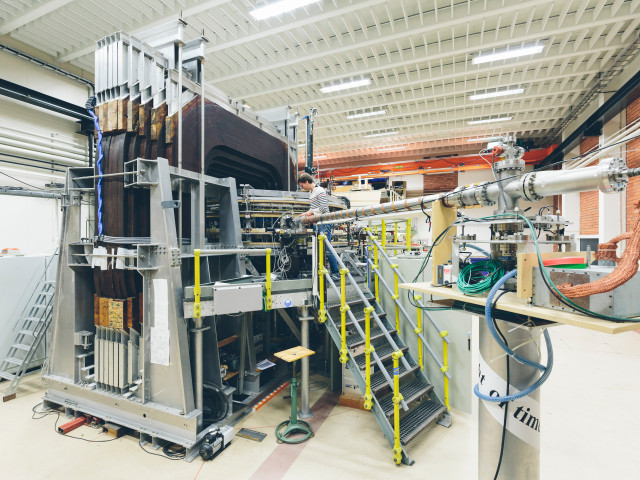Cell culture laboratory: equipment, tools, consumables. Cell culture methods. Media and solutions. Contamination of cell cultures.
Measurement of cell viability. Good cell culture practice.
Electrophoresis, principles and applications for analysis of proteins in biological samples.
Quantification by densitometric methods.
PCR technology and applications in cell and molecular biology.
Labeling of cells for flow cytometry and microscope analysis with cytochemistry and immunocytochemistry.
Ethical and sustainability issues related to work in cell and molecular biology laboratory.
